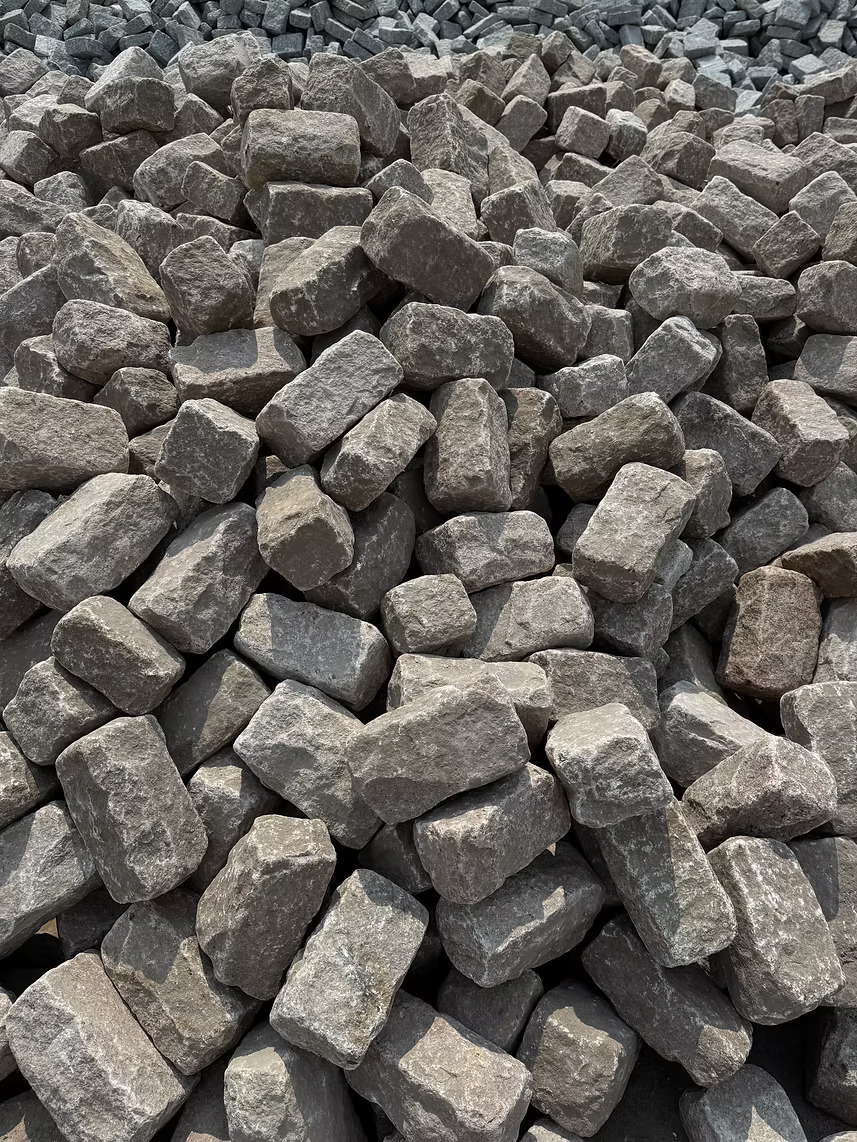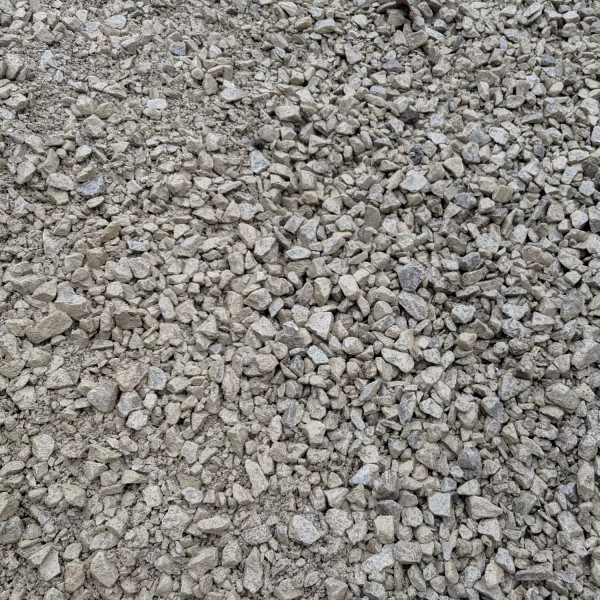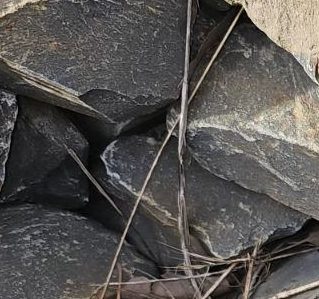Project Calculator
At first glance, finding the appropriate amount of stone for your home improvement project may seem daunting. Obviously, you need enough to fill your outline areas, but you also don’t want to have a large left over pile of stone at the end that represents a misplaced calculation. Luckily, the future is here and there is a product that can serve.
SHOP NOW

.png)
To help you Figure Out Costs & Required Material
Read on in this guide as we explore the Project Calculator, how to use it, as well as some example situations where the calculator can be put to work. It has never been easier to secure the perfect amount of material for whatever your home improvement project is !
Go to CalculatorCommon Materials And
Their Measurements
The Project Calculator is fairly straightforward to use. The homepage will ask for a few measurements of your improving space including length, width, and depth (or height) that can be measured using most units such as inches, feet, yards, centimeters and meters.
From there, you can enter an estimated price per cubic yard for your desired material to create not only an estimated material cost but also an estimate on how many cubic yards of material you need to finish the job. The type of material you use will have an affect on these final numbers; here are some common materials and their measurements.
Within landscape supply materials, there is a tremendous range in the size of materials used. Products like topsoil are extremely small and malleable for any area. Mulch is a little large with pieces of wood that can be an inch or two. Moving up into rocks, decorative gravel is a popular choice that can vary greatly.
Decorative river rock are medium-sized stones that make for great driveway materials while pea gravel is much smaller and can fill many roles. Crushed stone provides another option that has less aesthetic compared to the decorative gravel, but is great for functionality. Crushed stone can vary greatly in size and can be ordered specifically for the size you want. An example of crushed stone measurements can be #57 crushed stone that has rocks around ¾ inch diameter.
check now
Shop By Products
Our wide product variety allows us to provide top-quality stone and gravel options that meet all of your landscaping and decorative needs. Our products offer durability and aesthetic appeal for any project.
Example Calculations
In this section, we’ll explore a few example calculations for a few different materials in a few different roles to explore how this Project Calculator actually works.
Example 1
Gravel for Pathways
Gravel makes for a great pathway material. In this instance, the customer is trying to fill a pathway that has a length of 7 feet, a width of 2 feet, and only a depth of about 4 inches. Depending on your source of gravel, prices can average about $1 to $3 per square foot. Putting these numbers into the calculator generates a number. This small path would require about 0.17 cubic yards of gravel that would cost about $8
Example 2
Mulch for Garden Bed
Mulch is a fantastic product for garden beds and similar situations. In this example, the customer wants a layer of mulch on their large garden bed. The dimensions are as such, 20 feet long, 30 feet wide, and need 4 inches of mulch depth. Given the average mulch costs are around $100 per cubic yard, here is what this customer can expect to need: this large garden bed with a deep layer of mulch would require 7.41 cubic yards of mulch that, given the average mulch price, would cost around $740.
Example 3
Stone for Driveways
Stone for driveways is a cheaper, easier way to refinish your parking. For an example calculation, the customer has a driveway they are trying to fill with stone that is measured at 40 feet long, 10 feet wide, and needs a depth of about 9 inches. Average crushed stone costs for driveways only sit around $15 per cubic yard. With these factors, the Project Calculator estimates needing 11.11 cubic yards of stone that would cost around $67.
Tips for Accurate Measurements
Any project calculator like this can only be as accurate as its measurements. The measurements/equations used for a particular project depend on the shape, the functionality, and the material being used. Let’s examine some popular points to keep in mind for accurate measurements:
Understanding Volume and Density
Volume is a calculation that can change depending on the base shape of the structure you’re trying to fill. Squares/rectangles are easy in this regard; calculating volume is just length X width X height. However, for circular bases, the calculations totally change. Circle volume is calculated using the radius of the circle squared multiplied by the height of the cylinder and pi (3.1415926…). Always ensure you’re utilizing the correct volume equation during your calculations!
For density, understand that these materials can vary greatly. Topsoil is not dense at all and, as a result, will get packed down easily depending on the situation it’s being used in, meaning that you may need to allocate more topsoil to achieve your desired results. Rocks, on the other hand, have a higher density and can withstand more use and pressure on top.
Measuring Depth for Various Projects
Depth is a major factor in many of these home improvement projects. Whether you need stone for a path or mulch for a garden bed, having a certain amount of depth to your project is essential for the best results. Always understand how much depth a certain project needs; a gravel driveway needs more depth than a mulch covering. The last thing you want is to order your materials for them to only make a measly covering of your area.
Avoiding Common Calculation Errors
Besides utilizing the wrong volume equation or not factoring in depth enough to your material purchases, another common calculation error that should be avoided is mismatched units. Be sure to change the units used in the calculator to correspond to the units you used to measure. For example, don’t measure your driveway in feet, but apply that measurement to the calculator in yards without doing the proper conversion. Mismatched units is a great way to get way more or way less material than you need, neither of which is a good idea.
Frequently Asked Questions
How do I order?
We offer a variety of products in our three different locations. Click our “Shop Now” button to explore our different products and place your order. Create an account and save your order for next time!
Where are your locations?
We love our customers, and want to provide high-quality products to them wherever they live. Our current locations are in Utica, NY, Charlotte, NC, and Oxford, CT
Can I save my order for next time?
Yes you can! As you go through the shopping process through our site you are able to save the products you love for the next time you are ready to order.
Can Landscape Barn Source Products for Me?
Currently we do not source products for customers. We find the best products available and bring them directly to your home.
Let Our Team Help You Transform Your Landscape
We’re here to help you bring your outdoor vision to life—reach out with any questions or to start your next project.
%20(1).png)
.webp)
.png)
.png)
.png)












.svg)
.svg)
.svg)
.svg)